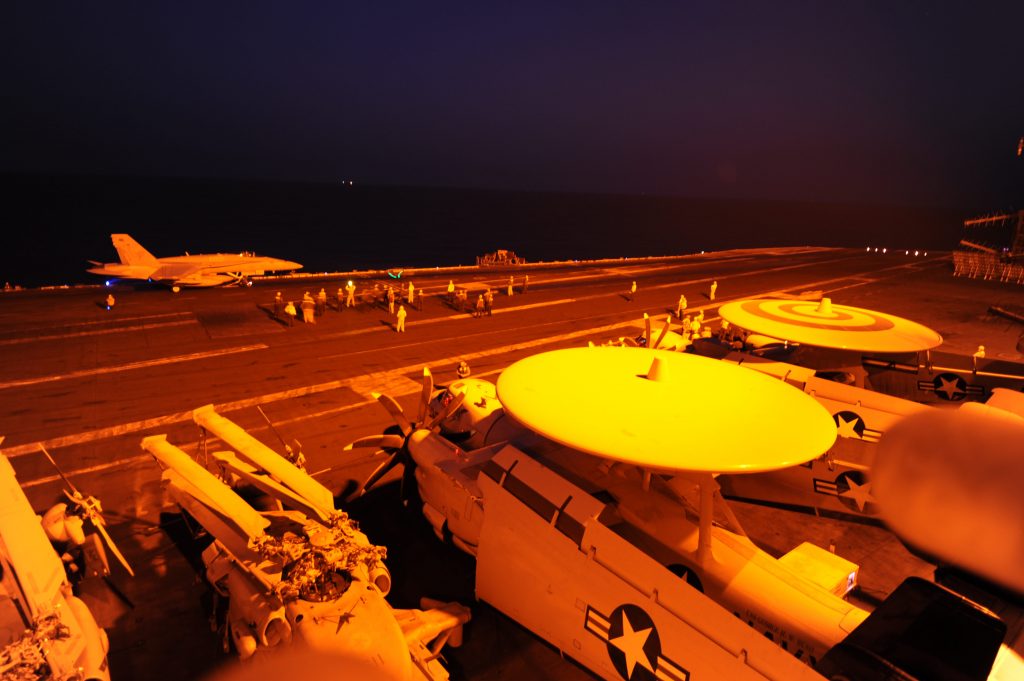As the United States conducts missile and air strikes on the Islamic State of Iraq and Sham (ISIS) in Syria, it could reap the additional strategic benefit of tilting the war there away from the Assad regime and jihadist forces, and in favor of the mainstream rebel groups to which it has given some support. An opening toward that outcome may have appeared in the geographic pattern of the first US strikes last night, according to the Atlantic Council’s Faysal Itani. But the long-term effects will depend on whether the United States can quickly provide other critical support to non-jihadist rebel factions, Itani writes today on the Council’s MENASource blog.
The first US attacks may benefit Sunni Arab rebel groups and Syria’s ethnic Kurdish forces in the short term, because these initial attacks struck heavily at ISIS positions that threaten them. For example, the attacks are likely to neutralize (if temporarily) the ISIS threat to the provinces of Aleppo and Idlib, which are key strongholds of non-jihadist opposition forces, some of whom receive a degree of support from the United States. .
But the more lasting effects of the US attacks will depend on their targeting in coming weeks—and on whether the United States can quickly apply a robust program to arm, equip and train non-jihadist opposition fighters. If it does, those groups may be able to exploit the US air campaign, advance against both ISIS and the regime, and displace jihadist organizations as the most effective forces fighting the regime’s army.
You can read Itani’s essay at MENASource.
Image: A US Navy Hornet aboard USS George H.W. Bush prepares to conduct strike missions against ISIS targets. (US Navy)
